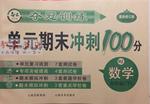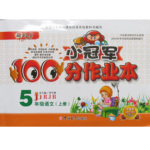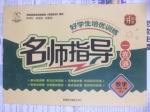题目内容
I'd like to _______ /'ɑ:ns?/ your questions at any time.
A. until B. uncle C. aunt D. answer
练习册系列答案
 夺冠训练单元期末冲刺100分系列答案
夺冠训练单元期末冲刺100分系列答案 新思维小冠军100分作业本系列答案
新思维小冠军100分作业本系列答案 名师指导一卷通系列答案
名师指导一卷通系列答案
相关题目
题目内容
I'd like to _______ /'ɑ:ns?/ your questions at any time.
A. until B. uncle C. aunt D. answer
 夺冠训练单元期末冲刺100分系列答案
夺冠训练单元期末冲刺100分系列答案 新思维小冠军100分作业本系列答案
新思维小冠军100分作业本系列答案 名师指导一卷通系列答案
名师指导一卷通系列答案